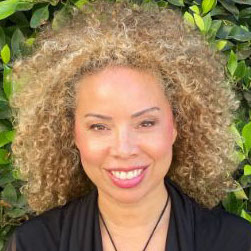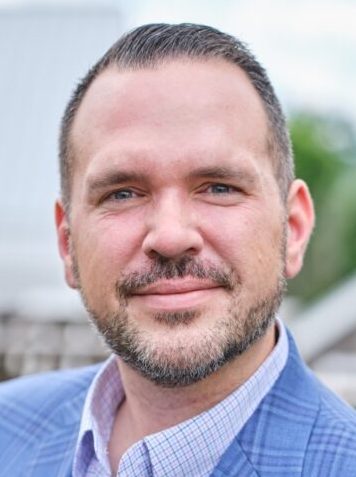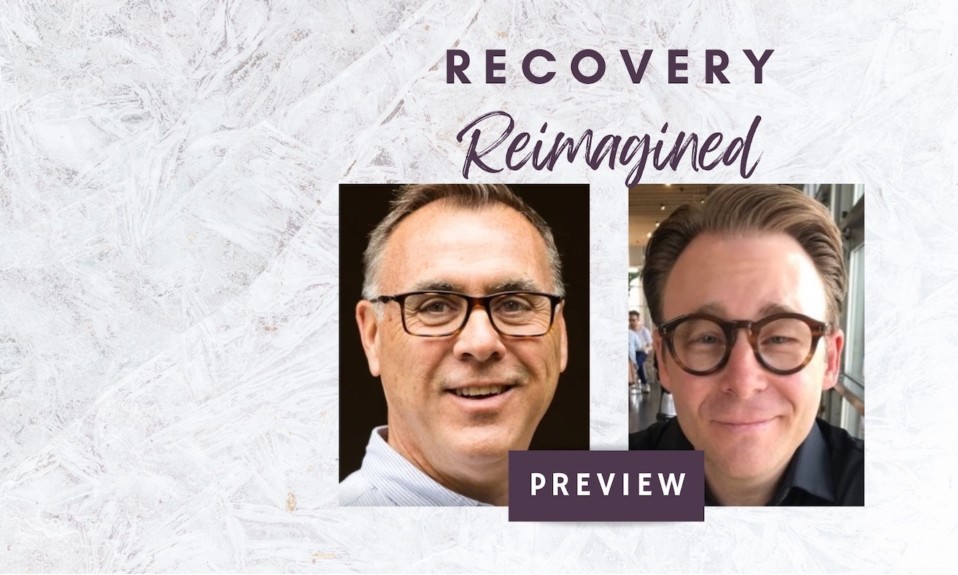The executive director of Friendly House is determined to take on the “racial inequities and health disparities that are rampant in this country”
By William Wagner
Friendly House in Los Angeles, established in 1951, is the oldest residential program in the U.S. for women recovering from substance use disorder. As the new executive director, Christina Simos wants to write a new chapter for the venerable institution.

“There are racial inequities and health disparities that are rampant in this country,” says Simos, who herself once was a patient at Friendly House. “I feel that, as a queer woman of color, it’s my responsibility to address those. Part of my mission is to make sure that we have a culturally competent standard of care for BIPOC and LGBTQ+ individuals so that when they come in, they are seen and we have a curriculum, staff, [and] clinical presence that’s able to address some of the unique needs of these populations. I’m very proud of the work that we’re doing.”

Our discussion with Simos is part of the Recovery Reimagined series, a collaboration between TreatmentMagazine.com and the National Association of Addiction Treatment Providers (NAATP) that is aimed at improving addiction outcomes. The interview was conducted by Annie Peters, PhD, LP, who is director of research and education for the NAATP.
Peters is well acquainted with Simos and couldn’t wait for the opportunity to chat with her about what’s going right and wrong in addiction treatment. “Christina Simos is a member of NAATP’s Diversity, Equity, and Inclusion Committee, so I’ve had the opportunity a number of times to hear how she speaks about the changes most urgently needed in the field, particularly with respect to broadening access to culturally responsive care among BIPOC and LGBTQ+ communities,” Peters says.
Next Up: Jerry Schwab

Look for our discussion with Simos within the next week and a half. Soon after that, we plan to unveil our Recovery Reimagined conversation with Jerry Schwab, who is president and CEO of High Watch Recovery Center, which has a history in recovery that dates to the late 1930s. Peters also facilitated that interview, and she feels Schwab and Simos complement each other well. “Both of these leaders are making important changes in treatment centers that have been helping people for over 70 years, so they have important stories to tell,” Peters says.
Previous installments in the Recovery Reimagined series include in-depth interviews with John Kelly, Matt Vogl, and Ester Nicholson and Shari Hampton.













